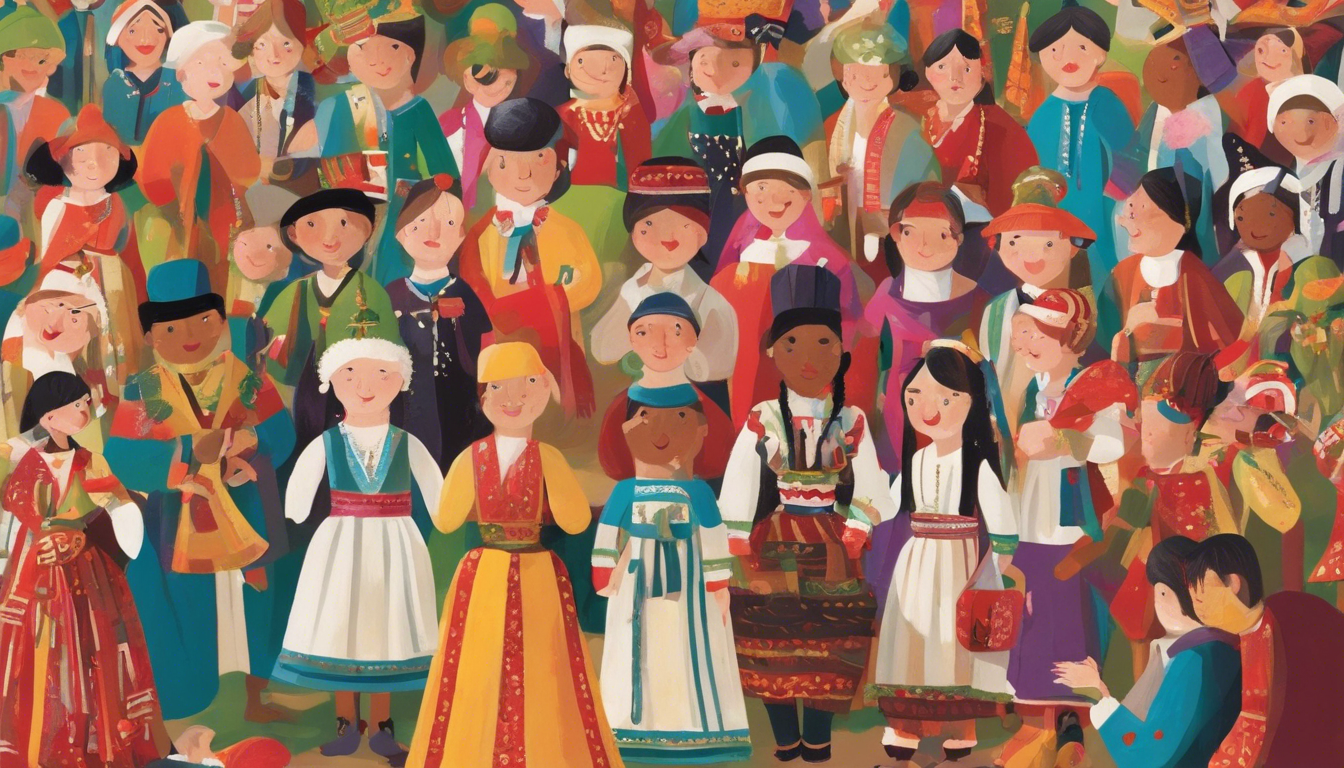Traditions are a fundamental aspect of human culture, shaping our identities and communities across the globe. Defined as the beliefs or behaviors passed down within a society, often from generation to generation, traditions embody the values and history of a people. They often manifest in cultural practices, celebrations, and rituals that provide a sense of belonging and continuity. In this article, we will explore the definition of traditions, delve into cultural customs celebrated worldwide, and examine how these traditions evolve and adapt over time. Understanding the significance of traditions is vital in appreciating the rich tapestry of human experience that connects us all.
Key Takeaways
- Traditions are shared practices that shape cultural identity and community values.
- Cultural traditions encompass diverse celebrations and rituals that vary globally.
- Understanding traditions helps us appreciate the richness of different cultures.
- Traditions are not static; they evolve and adapt over time to remain relevant.
- Embracing traditions fosters connection and continuity among generations.
Defining Traditions: What They Are and Why They Matter
Traditions are the customs, beliefs, and practices that communities pass down through generations, shaping cultural identity and social cohesion. They encompass a wide range of activities, from annual celebrations and rituals to everyday practices that reflect a community’s values (Bennett, 2023). Among their many functions, traditions provide a framework for individuals to navigate their cultural environment, promoting a sense of belonging and continuity in an ever-changing world (Hall, 2024). Furthermore, traditions often serve as markers of heritage, enriched by stories and histories that remind individuals of their roots and responsibilities towards past generations (Friedman, 2024). As societies increasingly globalize, the preservation of unique traditions becomes critical, not only for maintaining cultural diversity but also for fostering intergenerational dialogue and understanding. Therefore, recognising the role of traditions is key to appreciating the complexities of human relationships and cultural expressions today.
Cultural Traditions: Celebrations and Rituals Around the World
As we approach the end of the year, various cultural traditions from around the world come to the forefront, showcasing the rich tapestry of celebrations and rituals that characterize human societies. For instance, in Japan, the New Year (Shogatsu) is marked by family gatherings, delicious meals such as toshi-koshi soba (buckwheat noodles), and the ceremonial ringing of temple bells to signify good fortune (Kuroda, 2024). In contrast, in Mexico, the festival of Las Posadas is celebrated in December, reenacting Mary and Joseph’s journey to find shelter, incorporating music, piñatas, and festive gatherings that bring communities together (Gonzalez, 2024). Meanwhile, in Ethiopia, the celebration of Genna, which occurs on January 7th, includes traditional foods, church services, and vibrant cultural dances that emphasize the importance of community and faith (Tadesse, 2024). These rich traditions highlight the diversity and shared human experience that enrich our global culture, reminding us of the values, beliefs, and histories that underpin these rituals, often fostering a sense of belonging and continuity across generations.
‘Tradition is not the worship of ashes, but the preservation of fire.’ – Gustav Mahler
The Evolution of Traditions: How They Adapt and Survive
In an ever-changing world, the resilience of traditions is evident as they adapt to contemporary circumstances, maintaining their relevance and significance. For example, the tradition of holiday feasting, deeply rooted in cultural gatherings, has evolved over the years, showcasing an array of global cuisines in modern celebrations. The way families come together during these festive occasions now often incorporates virtual elements, allowing those separated by distance to participate in communal meals through video calls. This transformation preserves the essence of familial bonds while embracing technology (Smith, 2024). Furthermore, traditional crafts and artisanship have found new life through social media platforms, where creators showcase their work, attracting younger audiences and ensuring the survival of these age-old skills (Jones, 2024). Ultimately, the evolution of traditions highlights a blend of historical practices with innovative approaches, ensuring they remain vibrant and cherished in contemporary society.
Please ask us questions via WhatsApp, email, or direct messaging.





